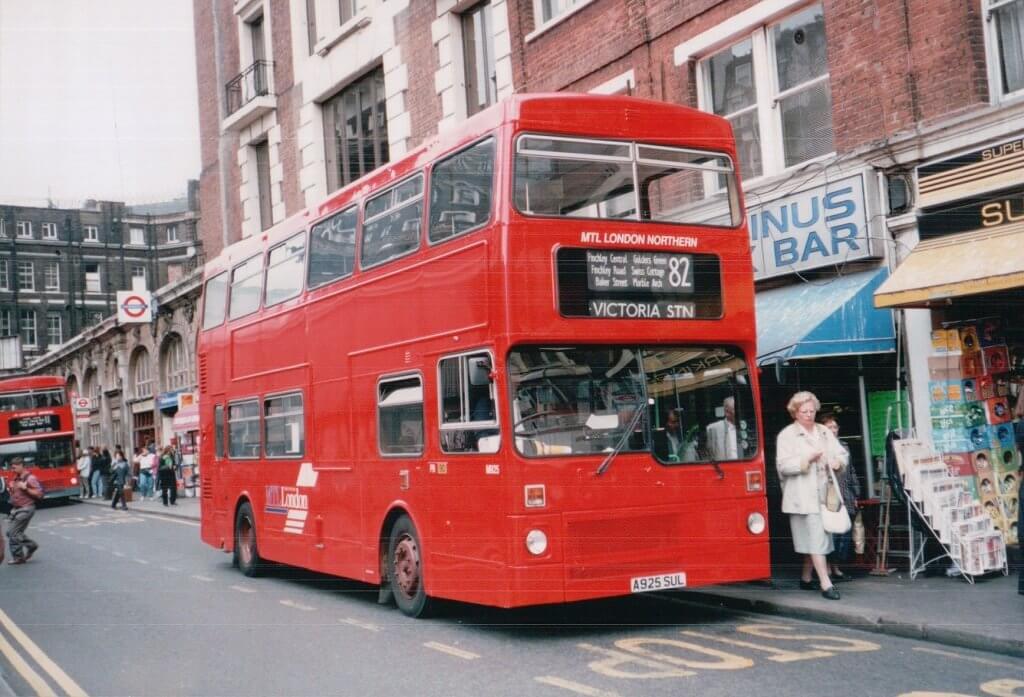
The coach and bus industry has come a long way since 1978. Richard Sharman delved into the archives to uncover key moments in history, from deregulation to the first low floor bus and beyond […]
By subscribing you will benefit from:
- Operator & Supplier Profiles
- Face-to-Face Interviews
- Lastest News
- Test Drives and Reviews
- Legal Updates
- Route Focus
- Industry Insider Opinions
- Passenger Perspective
- Vehicle Launches
- and much more!


